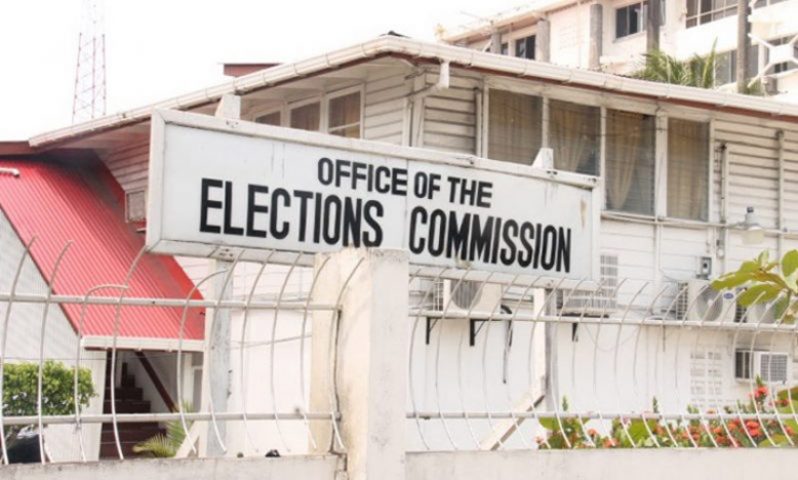THE Guyana Elections Commission (GECOM) has reiterated that allegations of unlawful acts during an election can only be determined by a court of law.
The commission in a release noted that recently, there have been numerous public pronouncements calling for GECOM to conduct internal investigations into allegations of electoral fraud that were reported to have occurred during the 2nd March, 2020 General and Regional Elections.
These calls have been emanating from Opposition Leader Aubrey Norton and other elements in the political opposition.
GECOM said it is of crucial importance to note that Article 163 (1) b (i) of the Constitution of Guyana stipulates that “subject to the provisions of this article, the High Court shall have exclusive jurisdiction to determine any question whether – either generally or in any particular place — an election has been lawfully conducted or the result thereof has been or might have been affected by any unlawful act or omission.”
Accordingly, the commission said it takes this opportunity to acknowledge that correspondence listing the names of persons who were allegedly either deceased or out of the jurisdiction on the date of the elections were received from the APNU+AFC during the national recount, and sent to the Registrar General and Chief Immigration Officer respectively for verification.
Notwithstanding this action having been taken, GECOM said it could not have taken any further action in this matter, since to do so would have been in contravention of Article 163 of the Constitution.
“The fact that the national recount had established that more votes were cast in favour of the People’s Progressive Party / Civic (PPP/C), the onus was on the APNU+AFC to file an election petition to determine the validity of the allegations of unlawful acts such as voter impersonation. In view of the foregoing, the Guyana Elections Commission is reminding all stakeholders, specifically political parties, that the operations of GECOM are and will continue to be guided by the Constitution and the relevant laws for the conduct of registration and elections,” the release concluded.



.jpg)








